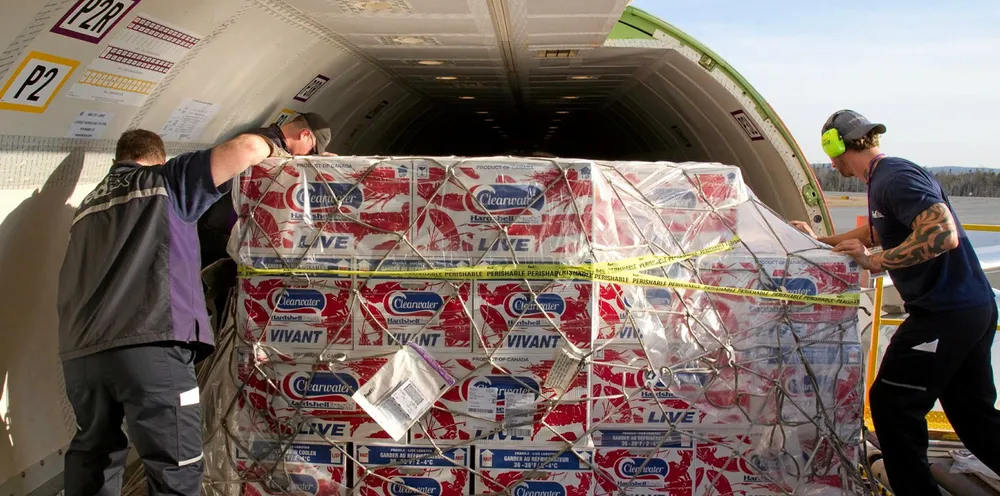Premium Brands CEO sees long-term growth for seafood despite initial investment challenges
Over the last two years Premium Brands has invested over $650 million in seafood.

Over the last two years Premium Brands has invested over $650 million in seafood.
